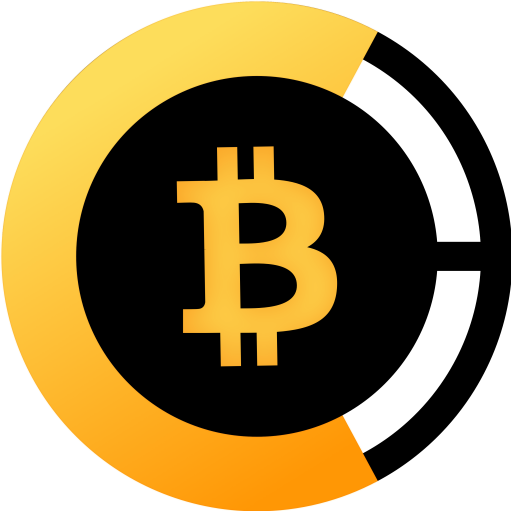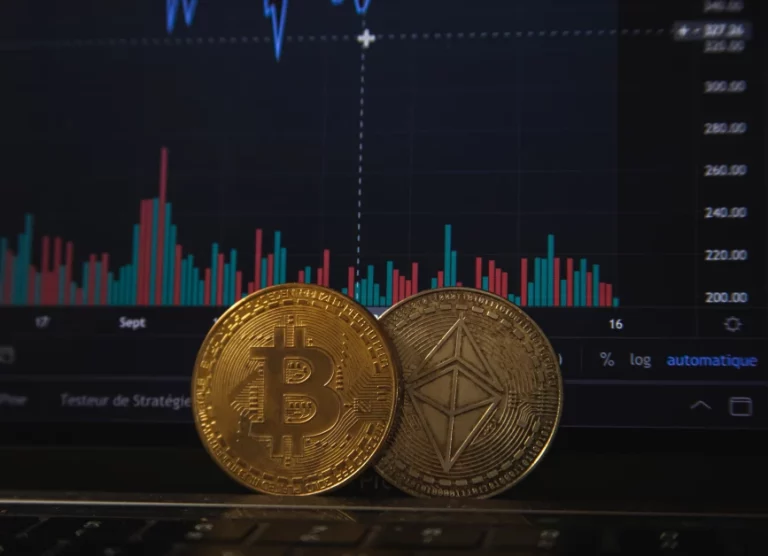Table of Contents
When you order a pair of jeans from a big-box retailer, or buy some coffee grounds from the grocery store, you probably don’t think about all of the things that had to fall into place to make that purchase possible. Materials had to be extracted, shipped, processed into products, shipped again, processed some more, and on and on.
Indeed, the global supply chain has become a vast and intricate system businesses use to produce and distribute their products globally. Its complexity has led to an immense amount of technological innovation over the last several years, including the adoption of blockchain technology.
5 Top Uses for Blockchain in the Supply Chain
- Improve tracking and transparency
- Address food safety issues
- Promote more ethical and sustainable sourcing
- Make payments more efficient
- Better communication and collaboration
Benefits of Using Blockchain in the Supply Chain
Blockchain is fast, cost-effective, efficient, and transparent, which can be of great benefit to the global supply chain — from food to diamonds to cars.
At blockchain’s core is the decentralized ledger, which is made up of encrypted blocks, or nodes, of data stored and chained together, forming a chronological single source of truth that can be shared among multiple parties. Blockchain ledgers are transparent and secure, making it a prime technology for almost every sector, including supply chain and logistics.
How Is Blockchain Used in the Supply Chain?
To Improve Tracking and Transparency
Implementing a blockchain alongside Internet of Things, or IoT, devices such as smart sensors and RFID tags can more efficiently record when certain products move throughout the different stages of the supply chain, and what their condition was (temperature, vibration, humidity, and so on). That data is then stored in a blockchain and smart contracts are applied to ensure real-time visibility.
This means more detailed and accurate visibility in the tracking process, which can then help companies detect and address issues faster. It also means potential cost savings. A distributed network that shares resources and data digitally could reduce stock loss and waste, and it eliminates the need for a paper-based workflow — eliminating any ancillary costs related to storage and labor required to process and manage physical documents.
To Address Food Safety Issues
For the most part, the food we eat is the result of a complex global supply chain, comprising a complex web of production, processing, packaging, storage, and distribution. All of this brings us further and further away from the source of our food supply, which can be pretty bad for food safety. Many food safety issues like cross-contamination and the spread of foodborne diseases are difficult to track in isolation. And the lack of data and visibility in traditional supply chains makes it hard to act quickly when an issue arises, which can affect a company’s bottom line and reputation.
Blockchain’s reliability and integrity make it especially well-suited for handling these issues.
To Promote More Ethical and Sustainable Sourcing
Over the past several years, consumers have become much more conscious of the environmental and societal impact their shopping habits have, whether that be the clothes they wear, the food they eat, or the car they drive. And they want assurances that the companies they buy these products from are doing their due diligence to source their materials ethically and sustainably.
Blockchain can help with this in two ways. First, it can verify the provenance, or origin, of a given product or material, and pass that information onto consumers so they can decide whether they want to buy it or not. Second, the traceability and tamper-resistant nature of blockchain technology offer a more transparent way for customers to verify where certain materials and goods came from, how they were manufactured, and how and where they were shipped over the course of the supply chain.
To Make Payments More Efficient
Supply chains are made up of many suppliers, intermediaries, and third-party services, which can make it challenging to manage the movement of goods, goods pricing, and supplier payments. Traditional invoice payment terms usually take weeks or even months. But, if blockchain-based smart contracts are set up instead, payments can be made right away.
The distributed nature of blockchain technology can be helpful in creating a transparent payment system that allows all parties involved in a given supply chain to see payment transactions — reducing fraud and human error. Plus, blockchain-based cryptocurrencies enable supply chain players to pay each other without the need for banks, thus reducing incurred fees and speeding up the payment process.
To Better Communication and Collaboration
Between all the invoices, order requests, and contracts, there’s a lot of back and forth between the various disparate players in a modern supply chain, which can cause friction and delay.
But supply chains using blockchain technology can improve this communication and collaboration for all parties involved. By sharing databases between multiple parties, blockchain can essentially remove the need for intermediaries to verify, record, or coordinate these transitions, according to a report from shipping and logistics company DHL. “By facilitating the move from a centralized to a decentralized distributed system, blockchain effectively liberates data that was previously kept in safeguarded silos,” the report said.
Plus, smart contracts encourage all parties to meet their agreed-upon obligations in a “timely, complete and accurate fashion,” Michael Higgins, the CEO and founder of spend management firm Planergy, wrote in a recent Forbes column. “Full visibility of financial information and performance improves financing options for small businesses and lowers processing times by reducing uncertainty and risk.”
Companies Using Blockchain in the Supply Chain
Although blockchain is a fairly recent addition to the supply chain conversation, several leading companies are already leveraging the technology’s capabilities.
- Fedex: Fedex has integrated blockchain into its chain of custody in an effort to improve trackability, thus providing a more trustworthy, timely record they can use to rectify customer disputes and answer questions.
- Ford: Ford uses blockchain technology offered by IBM to ensure the ethical sourcing of cobalt — an essential ingredient for electric car batteries that requires quite a bit of environmental destruction to mine.
- De Beers: De Beers uses the blockchain-based tracking capabilities of Tracr to monitor the source and progress of every single natural diamond they mine.
- Nestlé: Nestlé is a founding member of the IBM Food Trust and uses blockchain technology to make the traceability of its product supply chain more transparent.
- Walmart: Walmart has integrated blockchain technology into its food supply chain to make the process more transparent and reliable.
Blockchain technology has proven to be a game-changer in the supply chain industry. From improving tracking and transparency to addressing food safety issues and promoting ethical sourcing, blockchain offers a range of benefits that can revolutionize how supply chains operate. As more companies adopt this technology, we can expect to see even greater advancements in the future. Blockchain is here to stay, and its impact on the supply chain will continue to grow.




